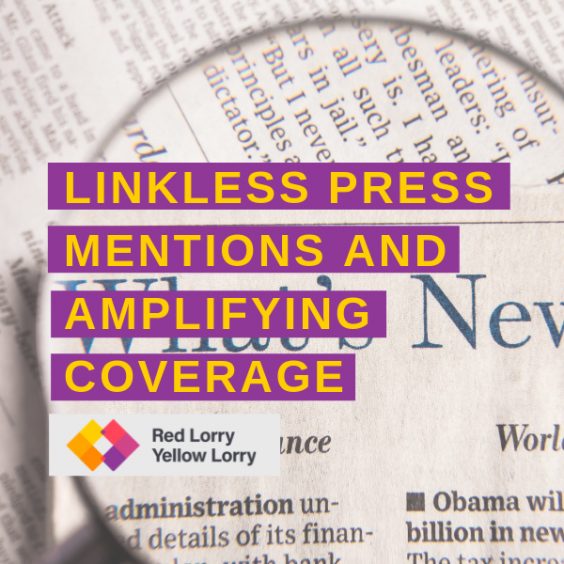‘Lack of trust’ – a much-repeated phrase used to explain sluggish fintech adoption, often as an (inaccurate) shorthand for broader structural issues.
The last few years have been challenging for the fintech sector. Public scandals, such as the U.S. Congress report on PPP fraud and the crypto winter of 2022, have eroded confidence in fintech due to perceived failures in fraud prevention and fee collection.
But not all is lost. Recent events like the AI ‘gold rush’ of 2023 are set to boost various tech sectors, fintech included. What’s more, demand for open banking and mobile payment solutions continues to rise, and institutional interest in Bitcoin hints at a potential bull market for crypto in 2024. It’s important for fintech players in banking, blockchain, and beyond to prioritize building trust to capitalize on this growth.
Why trust matters
Customers are increasingly skeptical of new fintech and DeFi providers, and given recent public scandals, they absolutely should be. With the storm of uncertainty that fintech has weathered in recent years, it’s crucial for companies to demonstrate trustworthiness. And no, celebrity endorsements won’t cut it anymore.
Fintechs operate in an environment where security breaches, data leaks, and fraud can send shockwaves through the industry and undermine customer confidence. Similarly, for blockchain, crypto, alternative currency adoption, and investment to grow, establishing trust needs to be at the heart of the technology’s value proposition.
Furthermore, we are now facing a challenging macroeconomic climate and it goes without saying that, in times of economic uncertainty, trust becomes even more critical. People are more likely to turn to traditional financial institutions when they are uncertain about the future. This could potentially cause fintech’s growth to stagnate if the trust issue remains unaddressed.
During economic downturns, b2b fintech companies must communicate regularly and intentionally – meaning ahead of any potential crises – to reassure customers and investors. This includes providing insights into how the company manages risk, ensures liquidity, or safeguards customer assets.
The fintech PR imperative: Building trust
PR and integrated communications should serve as a linchpin in establishing and nurturing trust in fintech and DeFi. Here’s how PR plays a pivotal role in this process:
- Transparency and open communication: The Silicon Valley Bank crash this year was accelerated due to mass panic caused by sudden, ill-executed communications to its investors. This one communication created a spiral of unescapable damage to the brand. A PR plan with a proactive outreach strategy ensures that fintech companies communicate regularly, openly and honestly with their stakeholders – well before issues arise. Regular communications from a brand about security measures, compliance with regulations, or the company’s financial health fosters trust, especially during economic downturns or in anticipation of backlash following a larger industry shortcoming.
- Thought leadership: The reality is that people trust people – not companies. PR helps b2b fintech companies establish themselves as thought leaders in the industry while also building third-party credibility. By assigning spokespeople to serve as evangelists that provide regular perspective and insights in the media, on LinkedIn, or in corporate communications – like whitepapers or webinars – companies can build trust as authoritative sources of information. However, brands shouldn’t just ‘talk to talk’. FTX CEO Sam Bankman-Fried infamously appeared regularly as a thought leader in the media, advocating for crypto and the importance of regulation – while internally, the company sang a different tune. An experienced PR team can determine priority thought leadership messages for a fintech, based on the reality of where they are.
- Educational content: Fintech PR teams can create educational content that helps demystify complex concepts – whether it’s for a consumer investor, business, or potential partner. This content can then be shared with company thought leaders to disseminate across a wide range of audiences (because people trust people, remember? 😊). And the more touchpoints a fintech has with its audiences, the more trustworthy they become.
- Crisis management: It’s often said that the best way to approach any crisis is to anticipate when – not if – a crisis is going to happen. In the event of a security breach, product malfunction, or leadership failure, PR is instrumental in managing the situation. Swift and transparent communication can mitigate reputational damage and demonstrate the company’s commitment to resolving issues. Most importantly, a fintech PR team can help construct a crisis management plan proactively, so that everyone is prepared and can navigate whatever is thrown their way. And given the current uncertain climate – this is a must-have for companies of any size.
Trust is the bedrock upon which fintech and DeFi companies build their success. In a landscape marked by technological disruption and economic uncertainty, PR is the bridge that connects fintechs with their stakeholders to help them navigate challenges, boost credibility, and foster trust.
The time to start building trust for your brand was yesterday. But don’t panic – we can help get you on the right path with the right messaging, today.




